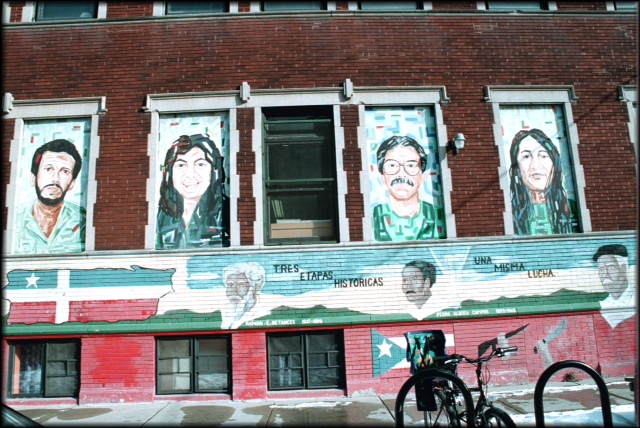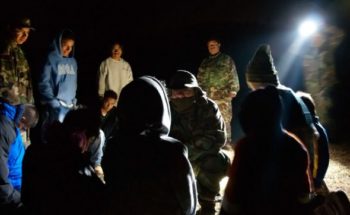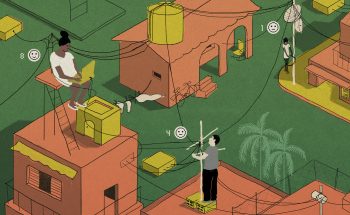
To be or not to be, struggling to know themselves
Share:
In this week’s episode we got to know Ernesto’s story. Between two names, he chose to call himself Ernesto. Between two identities, he chose Ernesto. Or maybe not, maybe he wouldn’t be the Ernesto he is today without some of the idea of William.
Ernesto grew up in Chihuahua, Mexico, to a Mexican family who raised him as one of them. His biological mother is Dylcia Pagan, one of the former Puerto Rican political prisoners imprisoned in 1980. His biological father is William Morales. Both were accused of being linked to the Armed Forces of National Liberation (FALN).
FALN was a clandestine organization that believed in armed struggle as a means to achieve independence for Puerto Rico. The organization was active during the 1970s and early 1980s. “There was a lot of anticolonial activity, organizations were formed, both public and clandestine, to fight against colonialism. It was after the Vietnam War, and there was a fervent anti-war movement,” said the Puerto Rican political prisoners’ lawyer, Jan Susler.
In April of 1980 a group of 11 people were arrested near Chicago, including Dylcia Pagan, Ernesto’s mother. They were charged with seditious conspiracy, or plotting to overthrow the government by force, an offense usually used against opponents of the government. Susler, a member of the human rights law firm People’s Law Office, emphasized that “the US government has used sedition charges to repress the Puerto Rican independence movement on three occasions: in 1930 and 1950 against the Nationalist Party, and in the 1980s against the Armed Forces of National Liberation. “
Most of the FALN members were born and raised in the United States, from Puerto Rican families. This organization was active mostly in New York and Chicago. Susler stressed that FALN “took responsibility for what many call armed propaganda, i.e., blowing up buildings that were generally targeted because of their relation to the colonial domination of Puerto Rico, government buildings and banks. They did it at night, calling ahead to give warning so that people could clear the building and no one got hurt. The purpose was not to claim lives, it was to call attention of the colonial case. The Algerian People had a similar strategy. There was an Algerian clandestine army that acted in France because they felt that was the best way to reach the French people. “
In 1999 Bill Clinton granted a presidential pardon to most of the Puerto Rican political prisoners who remained in prison at that time. From this group only one remains imprisoned, Oscar Lopez Rivera, who has spent 34 years behind bars. Oscar Lopez Rivera, like Dylcia, was accused of seditious conspiracy. About a decade ago the campaign for his release began to transcend ideological or partisan lines, and it has become a leading political cause in parts of Puerto Rico and Puerto Rican communities in the United States.
To listen to the Ernesto’s story click here.





